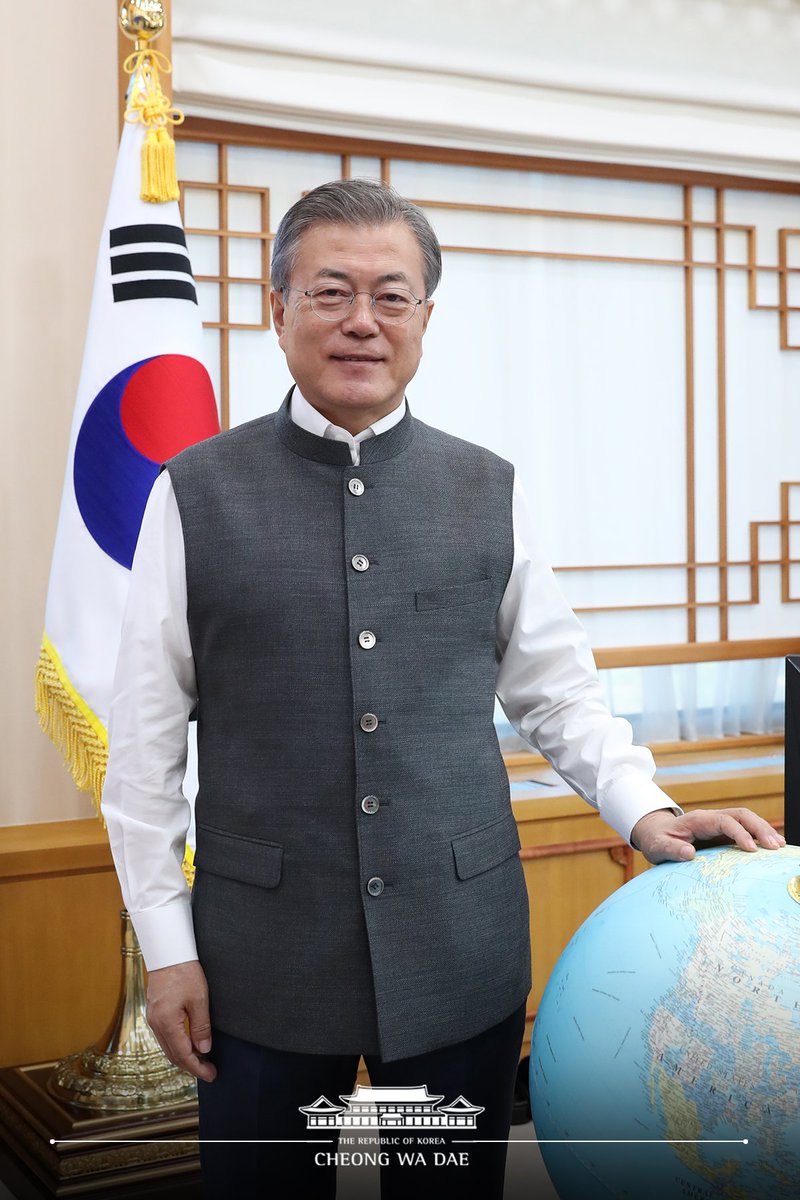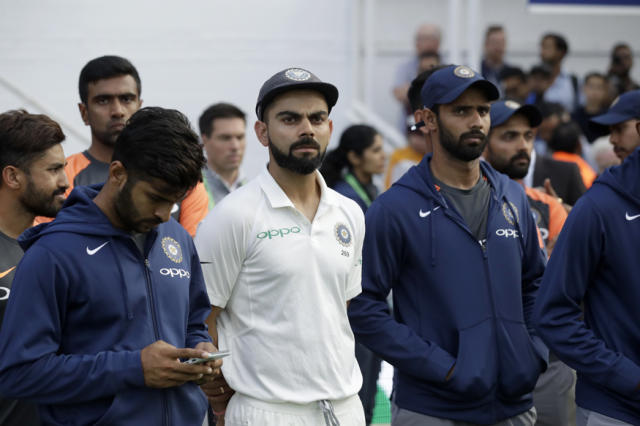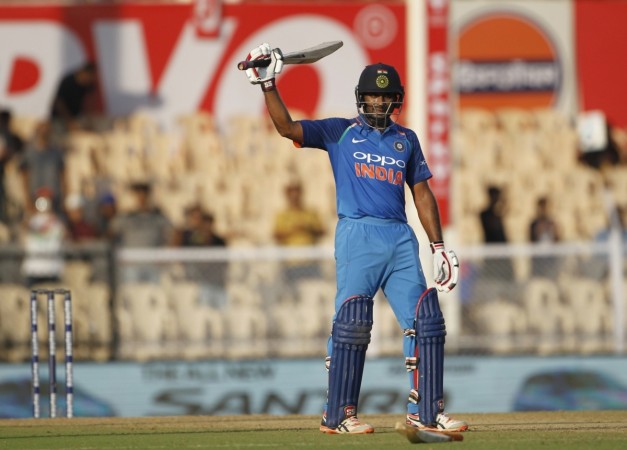दिवाली पर महिलाओं को रहता है गर्भपात का खतरा, 'जहरीले' धुएं से होते हैं ये नुकसान

दिवाली में पटाखों की धूम नहीं हो तो शायद कुछ कमी सी लगती है, लेकिन अगर पटाखें हमारे स्वास्थ्य को नुकसान व पर्यावरण को हानि पहुंचा रहे हैं तो हमें इनके इस्तेमाल के बारे में सही से सोचने की जरूरत है. सर्वोच्च न्यायालय ने अपने हाल के फैसले में पटाखों का प्रयोग करने की इजाजत दिवाली की रात आठ से 10 बजे के बीच दे दी. इस दौरान दिल्ली व दूसरे महानगरों में प्रदूषण का स्तर निश्चित ही बढ़ा रहेगा. दिवाली की धूम-धड़ाम के बीच स्वास्थ्य से जुड़ी समस्याओं से अपने को किस तरह से बचें व पटाखों से किस तरह बुजुर्ग व बीमार लोग अपनी स्वास्थ्य की देखभाल करें.
जेपी हॉस्पिटल के पल्मोनरी व क्रिटिकल केयर मेडिसिन के वरिष्ठ विशेषज्ञ डॉ. ज्ञानेंद्र अग्रवाल ने यह पूछने पर कि दमा के मरीज या आम व्यक्तियों पर पटाखों के धुएं का असर कैसे होता है? डॉ. अग्रवाल ने कहा कि रोशनी का त्योहार दिवाली अपने साथ बहुत सारी खुशियां लेकर आता है, लेकिन दमा, सीओपीडी या एलर्जिक रहाइनिटिस से पीड़ित मरीजों की समस्या इन दिनों बढ़ जाती है. पटाखों में मौजूद छोटे कण सेहत पर बुरा असर डालते हैं, जिसका असर फेफड़ों पर पड़ता है.
1. पटाखों के धुंए से फेफड़ों में सूजन आ सकती है, जिससे फेफड़े अपना काम ठीक से नहीं कर पाते और हालात यहां तक भी पहुंच सकते हैं कि ऑर्गेन फेलियर और मौत तक हो सकती है. ऐसे में धुएं से बचने की कोशिश करें.
2. पटाखों के धुएं की वजह से अस्थमा या दमा का अटैक आ सकता है. हानिकारक विषाक्त कणों के फेफड़ों में पहुंचने से ऐसा हो सकता है, जिससे व्यक्ति को जान का खतरा भी हो सकता है. ऐसे में जिन लोगों को सांस की समस्याएं हों, उन्हें अपने आप को प्रदूषित हवा से बचा कर रखना चाहिए.
3. पटाखों के धुएं से हार्टअटैक और स्ट्रोक का खतरा भी पैदा हो सकता है. पटाखों में मौजूद लैड सेहत के लिए खतरनाक है, इसके कारण हार्टअटैक और स्ट्रोक की आशंका बढ़ जाती है. जब पटाखों से निकलने वाला धुंआ सांस के साथ शरीर में जाता है तो खून के प्रवाह में रुकावट आने लगती है. दिमाग को पर्याप्त मात्रा में खून न पहुंचने के कारण व्यक्ति स्ट्रोक का शिकार हो सकता है.
4. बच्चे और गर्भवती महिलाओं को पटाखों के शोर व धुएं से बचकर रहना चाहिए. पटाखों से निकला गाढ़ा धुआं खासतौर पर छोटे बच्चों में सांस की समस्याएं पैदा करता है. पटाखों में हानिकर रसायन होते हैं, जिनके कारण बच्चों के शरीर में टॉक्सिन्स का स्तर बढ़ जाता है और उनके विकास में रुकावट पैदा करता है. पटाखों के धुंऐ से गर्भपात की संभावना भी बढ़ जाती है, इसलिए गर्भवती महिलाओं को भी ऐसे समय में घर पर ही रहना चाहिए.
5. पटाखे को रंग-बिरंगा बनाने के लिए इनमें रेडियोएक्टिव और जहरीले पदार्थों का इस्तेमाल किया जात है. ये पदार्थ जहां एक ओर हवा को प्रदूषित करते हैं, वहीं दूसरी ओर इनसे कैंसर की आशंका भी रहती है.
6. धुएं से दिवाली के दौरान हवा में पीएम बढ़ जाता है. जब लोग इन प्रदूषकों के संपर्क में आते हैं तो उन्हें आंख, नाक और गले की समस्याएं हो सकती हैं. पटाखों का धुआं, सर्दी जुकाम और एलर्जी का कारण बन सकता है और इस कारण छाती व गले में कन्जेशन भी हो सकता है.
7. दिवाली के दौरान पटाखों के कारण हवा में प्रदूषण बढ़ जाता है. धूल के कणों पर कॉपर, जिंक, सोडियम, लैड, मैग्निशियम, कैडमियम, सल्फर ऑक्साइड और नाइट्रोजन ऑक्साइड गैसें जमा हो जाती हैं. इन गैसों के हानिकारक प्रभाव होते हैं. इसमें कॉपर से सांस की समस्याएं, कैडमियम-खून की ऑक्सीजन ले जाने की क्षमता कम करता है, जिससे व्यक्ति एनिमिया का शिकार हो सकता है. जिंक की वजह से उल्टी व बुखार व लेड से तंत्रिका प्रणाली को नुकसान पहुंचता है. मैग्निशियम व सोडियम भी सेहत के लिए हानिकारक है.
8. छोटे बच्चों, बुजुर्गों और बीमार लोगों को अपने आप को बचा कर रखना चाहिए. दिल के मरीजों को भी पटाखों से बचकर रहना चाहिए. इनके फेफड़ें बहुत नाजुक होते हैं. कई बार बुजुर्ग और बीमार व्यक्ति पटाखों के शोर के कारण दिल के दौरे का शिकार हो जाते हैं. कुछ लोग तो शॉक लगने के कारण मर भी सकते हैं. छोटे बच्चे, मासूम जानवर और पक्षी भी पटाखों की तेज आवाज से डर जाते हैं. पटाखे बीमार लोगों, बच्चों और वरिष्ठ नागरिकों के लिए खतरनाक हैं.
9. पटाखों से ध्वनि प्रदूषण भी होता है, इससे बचने के लिए क्या करना चाहिए? इस पर अग्रवाल कहते हैं कि शोर का मनुष्य के स्वास्थ्य पर बुरा असर पड़ता है. शोर या आवाज हवा से फैलती है. इसे डेसिबल में नापा जाता है. विशेषज्ञों का कहना है कि 100 डेसिबल से ज्यादा आवाज का बुरा असर हमारी सुनने की क्षमता पर पड़ता है. विश्व स्वास्थ्य संगठन के अनुसार शहरों के लिए 45 डेसिबल की आवाज अनुकूल है. लेकिन भारत के बड़े शहरों में शोर का स्तर 90 डेसिबल से भी अधिक है. मनुष्य के लिए उचित स्तर 85 डेसिबल तक ही माना गया है. अनचाही आवाज मनुष्य पर मनोवैज्ञानिक असर पैदा करती है.
10. शोर तनाव, अवसाद, उच्च रक्तपचाप, सुनने में परेशानी, टिन्नीटस, नींद में परेशानी आदि का कारण बन सकता है. तनाव और उच्च रक्तचाप सेहत के लिए घातक है, वहीं टिन्नीटस के कारण व्यक्ति की याददाश्त जा सकती है, वह अवसाद/ डिप्रेशन का शिकार हो सकता है. ज्यादा शोर दिल की सेहत के लिए अच्छा नहीं. शोर में रहने से रक्तचाप पांच से दस गुना बढ़ जाता है और तनाव बढ़ता है. ये सभी कारक उच्च रक्तचाप और कोरोनरी आर्टरी रोगों का कारण बन सकते हैं.
























